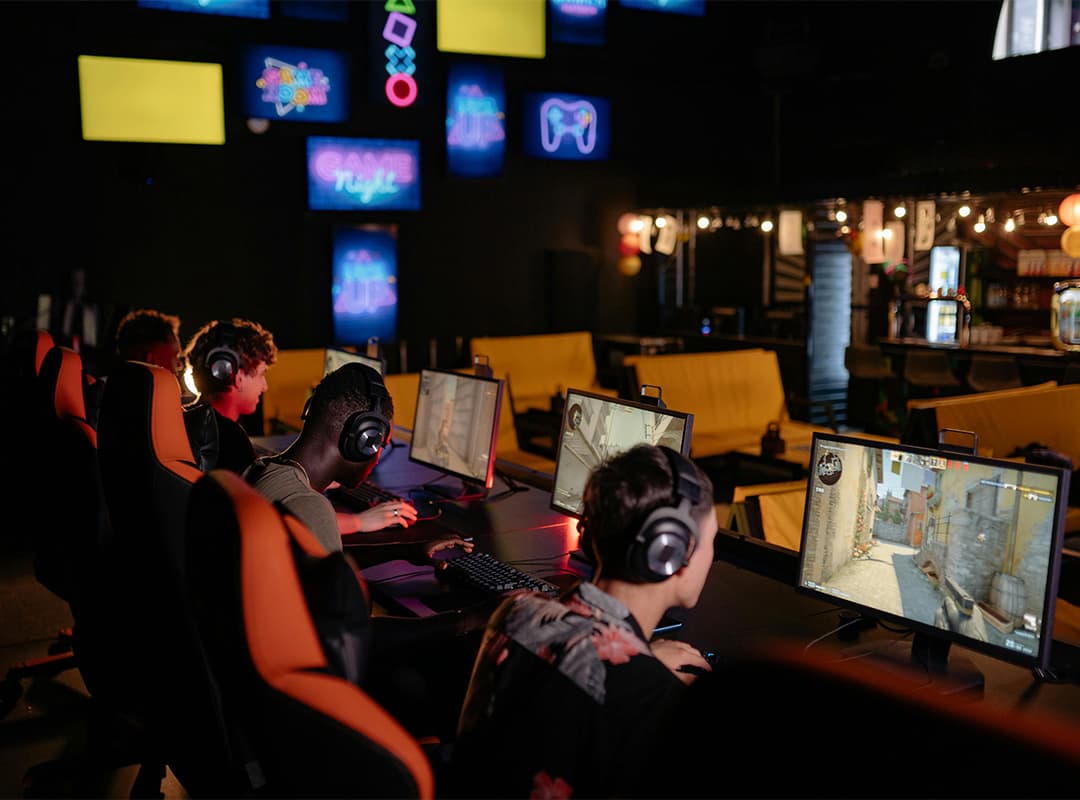Tokyo Game Show (Jap. 東京ゲームショウ Tōkyō Gēmu Shō), TGS is one of the world’s largest annual game industry trade shows. It is held annually in September at Makuhari Messe, in the city of Chiba, Japan. The show is organized by the Computer Entertainment Suppliers Association (CESA) and Nikkei Business Publications, Inc. The focus is on Japanese games, but international video game developers are also well represented, using the exhibition to showcase upcoming games or equipment. The duration of the event is four days. The first two days of Tokyo Game Show are open only to the gaming industry business community, the following two days are open to the general public. In 2020, due to the COVID-19 pandemic, the show was held in an online format for the first time.
History
The first Tokyo Game Show was held in 1996. From 1996 to 2002, it was held twice a year, in spring and fall (at Tokyo Big Sight). Since 2002, the show has been held once a year. In 2011 there were more than 200,000 visitors, and in 2012 there were already 223,753. The 20th anniversary TGS 2016 was the most attended, with 271,224 attendees and 614 companies showcasing their products at the exhibition booths.
Format
The format of TGS changes from year to year. For example, in 2015, the Tokyo Game Show featured 11 exhibition sectors consisting of the business sector, B2C sector, education, and other buying sectors.
The general exhibition area is the heart of the exhibition, occupying most of the space in the complex. Many well-known companies such as Namco Bandai, Capcom, Sony Computer Entertainment and Square Enix have demonstration areas here.
Gaming Devices
This sector covers gaming devices and equipment such as headphones, controllers, furniture and other devices related to game consoles and handheld gaming devices.
Asia’s new stars
The exhibition presented at Tokyo Game Show 2012 is focused on introducing budding game developers from Asia.
Merchandising
This sector is presented for merchandising of game-related merchandise. Vendors include Konami and Square-Enix.
Smartphone and social games
This sector is dedicated to mobile games ( smartphones and tablets ) and social games. Despite record numbers in 2012, many major companies did not have booths. For example, Microsoft, which previously had one of the largest booths, was absent in 2012. Social and mobile gaming grew to fill the gap. Microsoft returned to the show in 2013 with the release of the Xbox One.
Personal Computers
The Personal Computing sector is home to major Japanese and international manufacturers, showcasing products such as desktops and laptops.
Kids
This sector showcases new games aimed at children and teenagers. Exhibitors include companies such as Taito and Sega.
Education (Game school)
The “Game School” sector provides information about Japanese universities and colleges offering education in the field of computer games: digital art, animation, computer programming and other training programs related to the video game industry. Booths also display student work. Colleges such as Numazu Professional College of Information Technology and Tokyo Designer Gakuin College are located here.
Sales
This is the main sector where most commercial transactions between companies and consumers take place. Companies headquartered there include Nikkei Business Publications.
